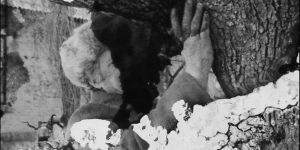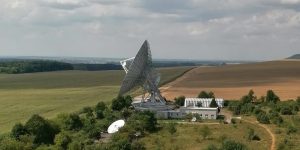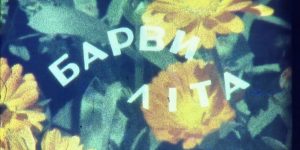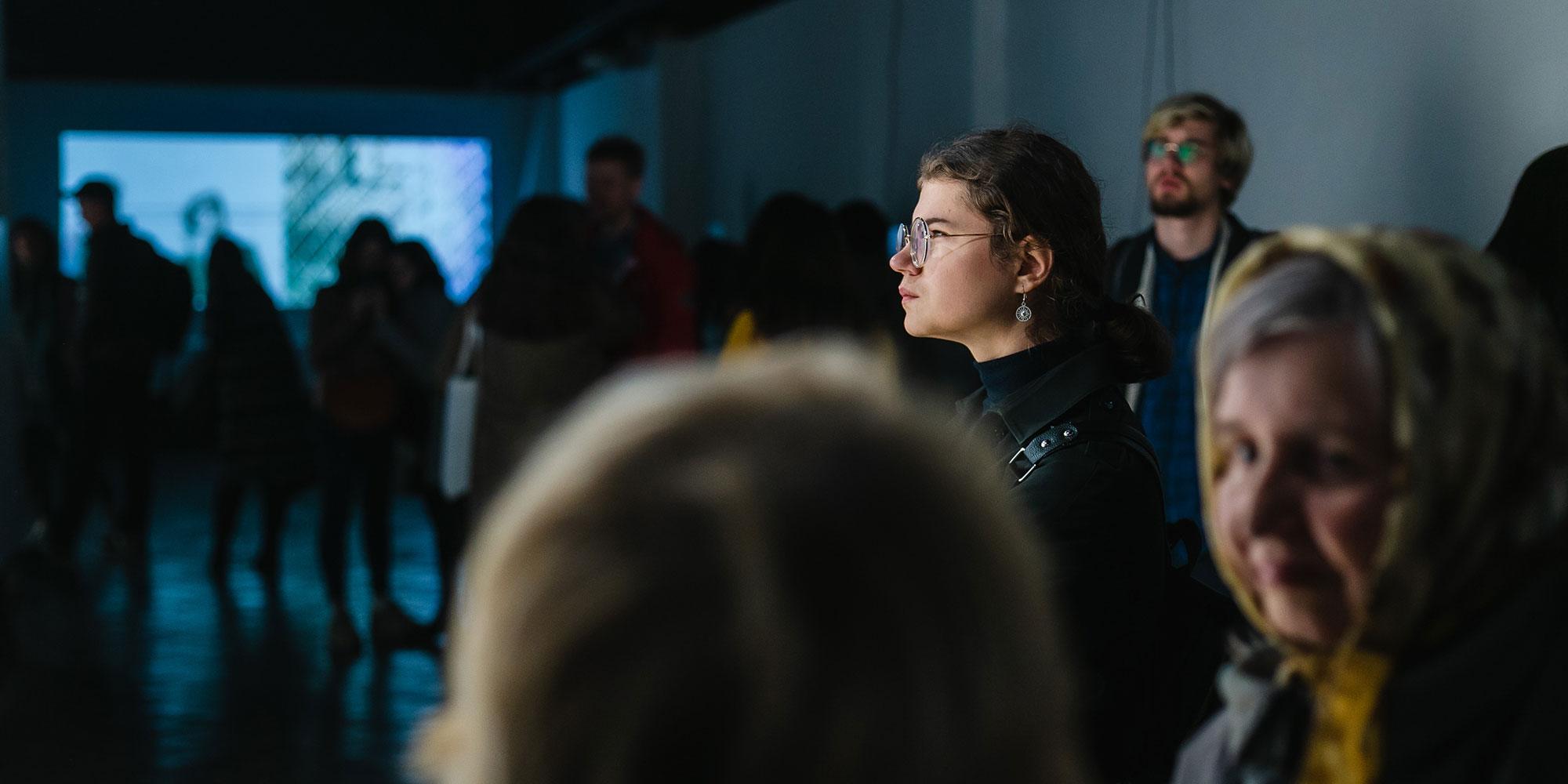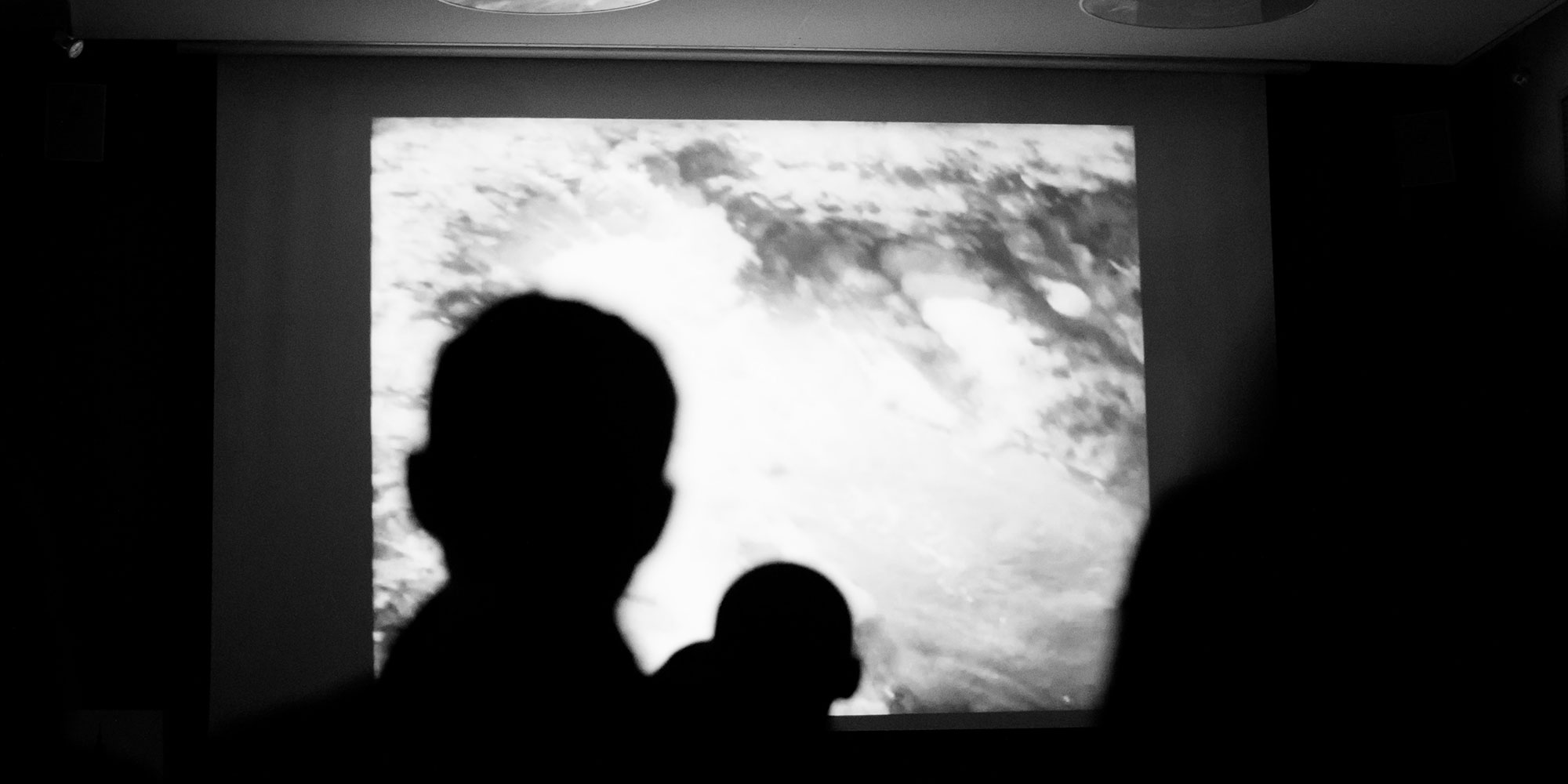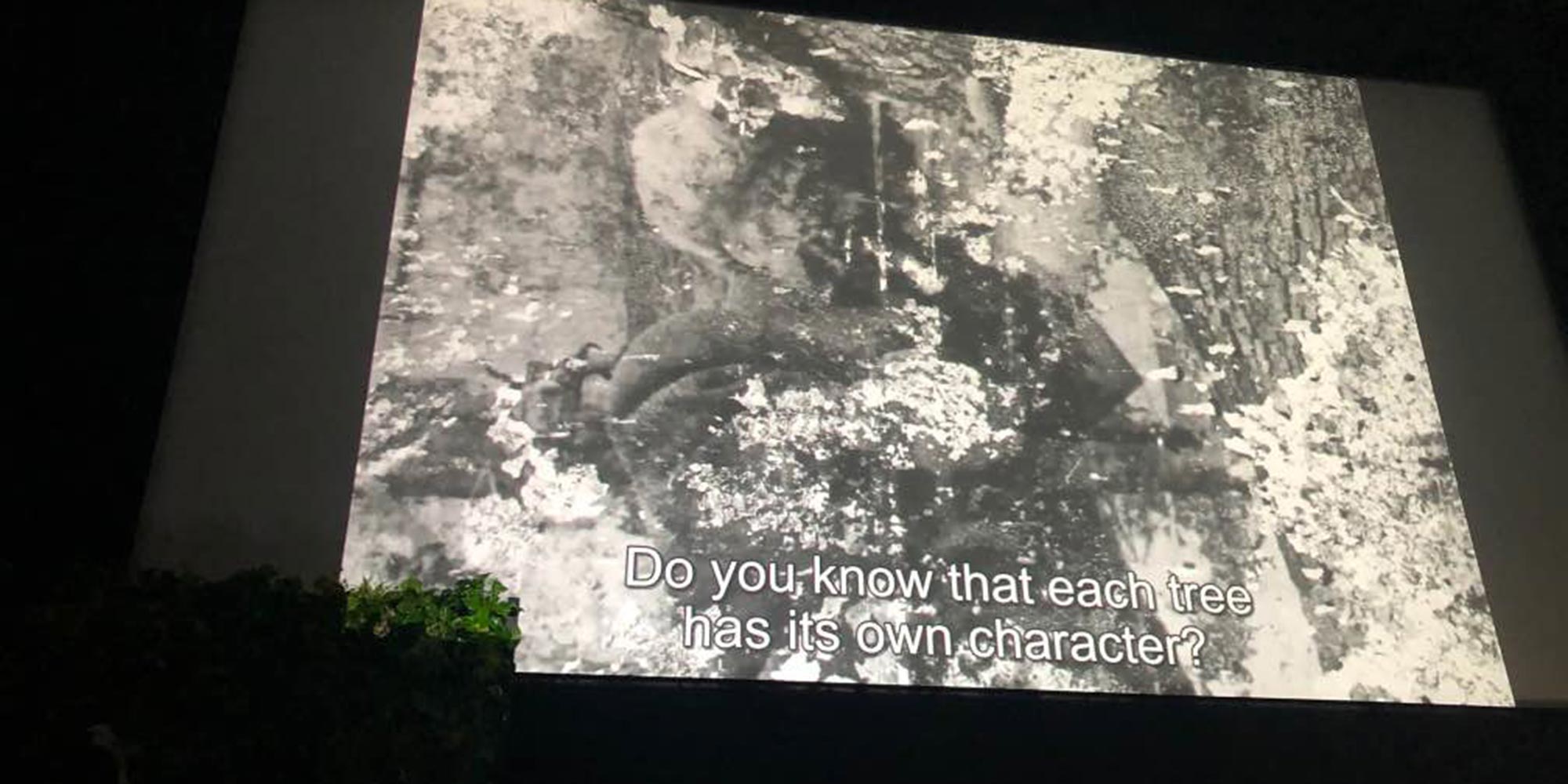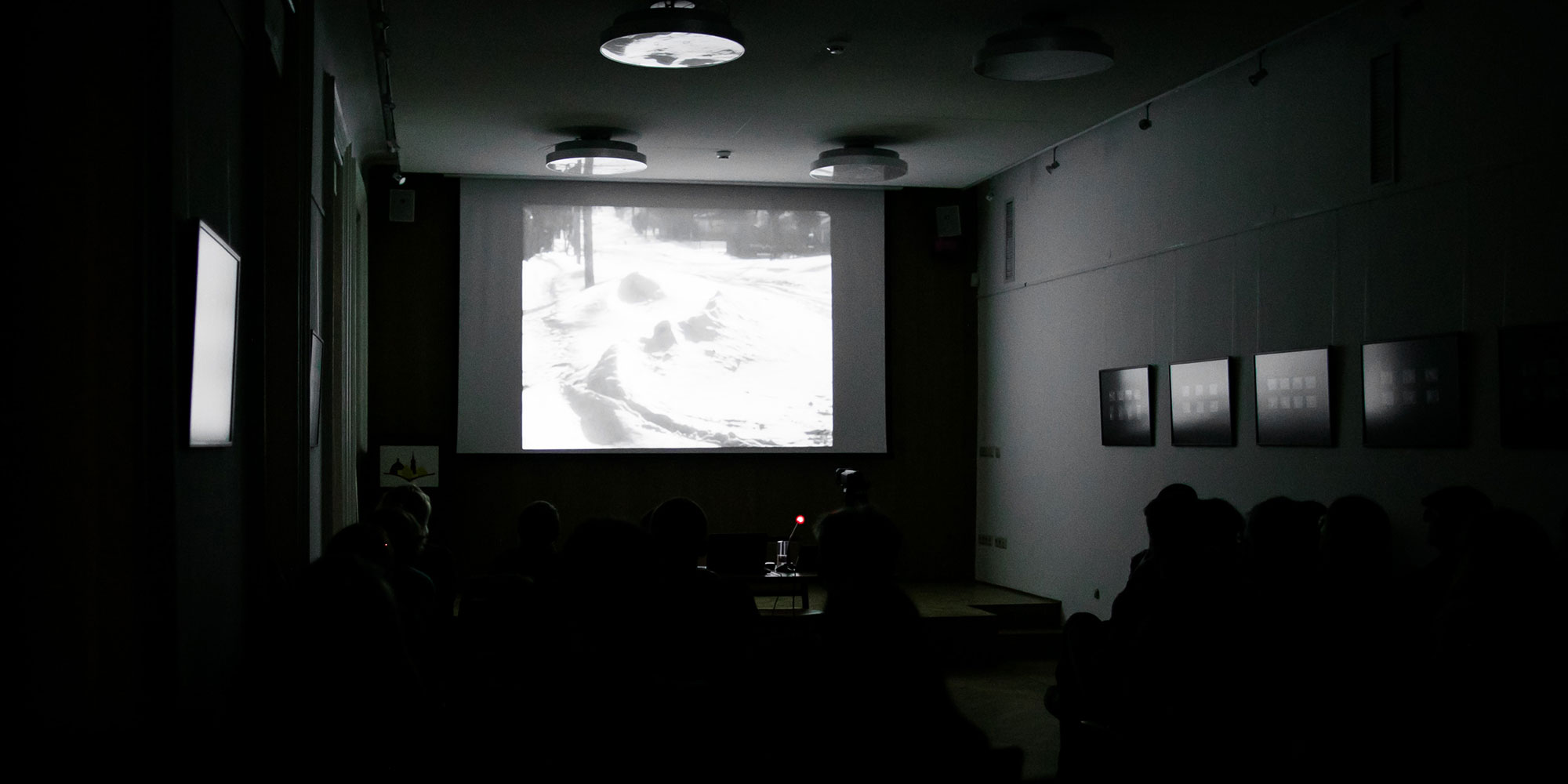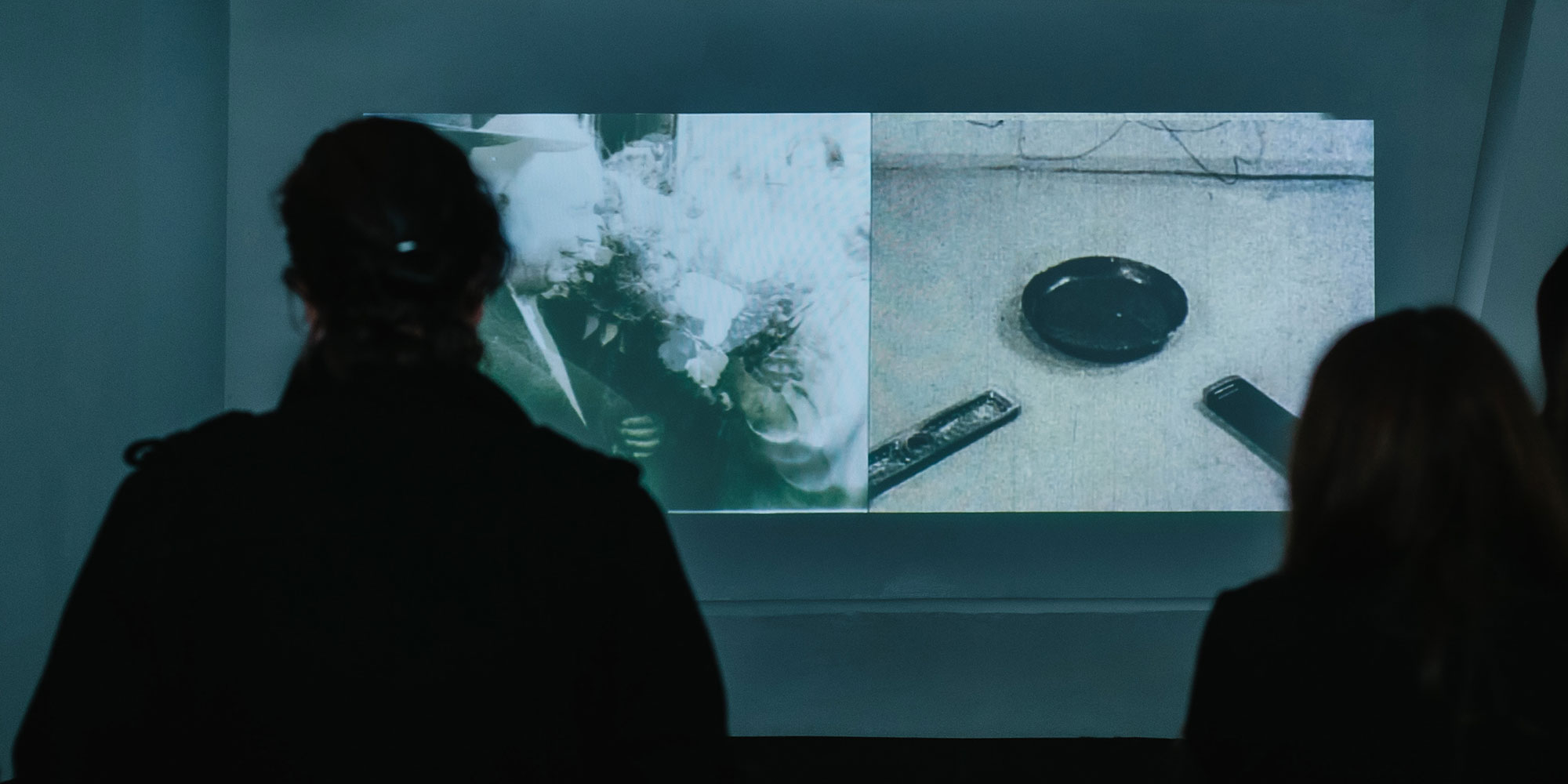Future from the past brings to our attention little known stories about the late Soviet media amateurs and peripheral infrastructure for space research. Today, socialism may seem to be part of the past and huge infrastructural objects (like astronomical observatories), which were built during the rivalry between socialist and capitalist visions of the future, also became monuments of the past. These objects/monuments show the human desire to reach and conquer outer space, juxtaposed with an inability to maintain the earthly present.
Future from the past: imaginations on the margins
The Lviv region (former Austrian Galicia), which is currently located in the very western part of Ukraine, for a long time belonged to various states and empires. In the 20th century it had a dramatic history, being a part of the Habsburg Empire, the interwar Polish republic, the Soviet Union, and finally Ukraine. It suffered a massive loss of the local Jewish population, while Ukrainians and Poles were resettled and Sovietized. Lviv (former Lwow or Lemberg) was turned into a big Soviet industrial town, and many people from the region moved to the city to build a socialist urban modernity. Thus, the population of the region changed, and the number of those involved in agriculture decreased from 5 million people in 1939 to 800 thousand in the late 1960s. Becoming urbanites meant receiving flats and employment in the city, while villages were left over for the elderly people. At the same time, during the Cold War, Soviets built immense infrastructural objects around these decaying villages, which aimed at defence and space research. This relation between decaying villages/nature in the Lviv region and objects of Soviet space research, which themselves are reminiscent of archaeological sites, triggered our ideas for the garden. Ironically, the Soviet empire that ruled the region attempted to build a universal socialist future, and important objects of this future from the past remain in conjunction with the neglect of current rural life.
Preview Video
Timetable
Program
Project Credits / Acknowledgements
Center for Urban History (Lviv, Ukraine), Bohdan Shumylovych, Oles Makhanets, Taras Nazaruk, Viktoria Panas, Mariana Mazurak (all UA)
Lviv Astronomical Observatory (narrator Dr. Stepan Apunevych)
The Center for Space Research and Communication (part of the State Space Agency of Ukraine)
Films: Orest Bachmaha, Viktor Kyzyma, Oleh Chornyi, Hennadiy Khmaruk, Oleksiy Mikriukov

